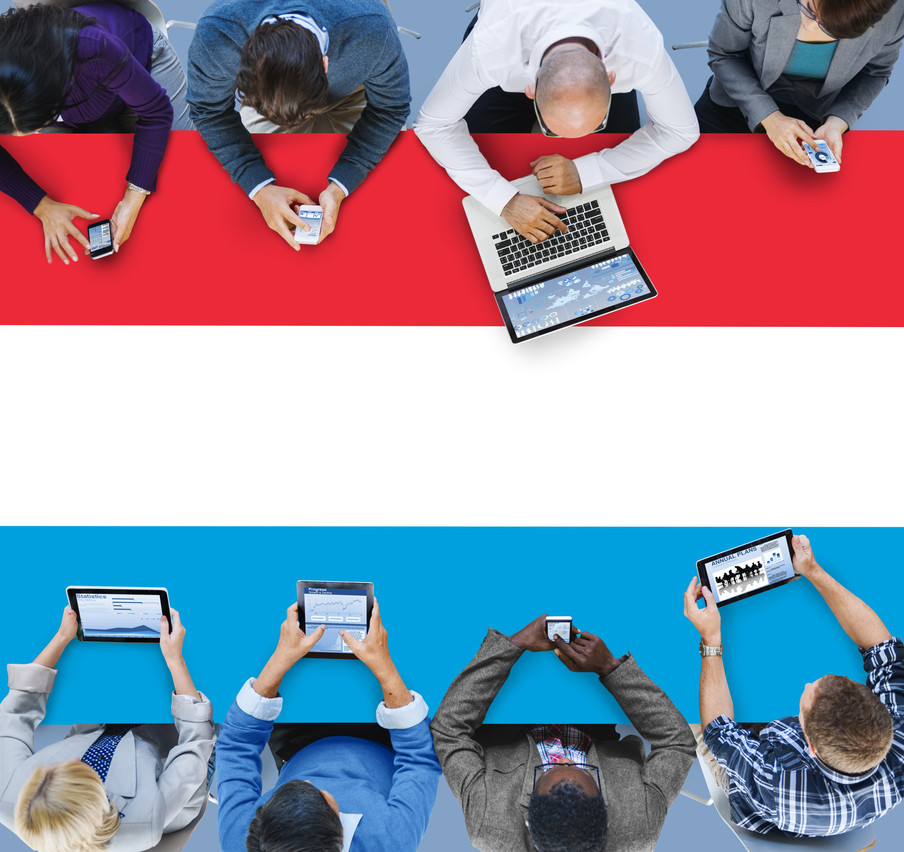The mission of the coalition is to support internet freedom and protect human rights online in all parts of the world. Its members commit to protecting and promoting these online freedoms, both domestically and abroad. The mission is based on the idea that the same human rights and fundamental freedoms that exist ought to apply both online and offline.
Luxembourg participation in the coalition means that it will become active in the FOC’s working groups, task forces and diplomatic networks to promote the values of democracy and human rights online globally.
“We are excited to join the Freedom Online Coalition, a group of partners promoting human rights and democracy online. Within the Coalition, we want to promote a free, open, safe, and accessible internet. Leaving no one behind also means leaving no one offline,” Luxembourg foreign minister Jean Asselborn (LSAP) said about the grand duchy’s membership.
The grand duchy joins 15 other EU member states--including Germany, France, Italy and Spain--and other countries from Africa, Asia, the Americas, the Middle East, and Europe, who make up the coalition.
Luxembourg’s membership comes as the country is vying to join the UN’s Human Rights Council. Three seats for countries from the Western Europe and other states group will be up for election in October.
As part of its activities, the coalition engages with non-governmental stakeholders such as civil society, the private sector and other internet stakeholders to support individuals in exercising their human rights and fundamental freedoms online. The Digital Defenders Partnership, which is an initiative of the coalition set up in 2012, works to protect critical internet users including activists, bloggers, civil society organisations, journalists, and other ICT users.
“Luxembourg has demonstrated respect for human rights online both in its domestic record and through its engagement in key multilateral and other relevant international forums and initiatives. Over the years, it has been an active participant in internet-related discussions and debates, and a fervent advocate for digital equality, human rights, and press freedom,” the FOC said in a statement on Wednesday, highlighting local initiatives such as Digital Luxembourg aimed at boosting digitisation and its .
The coalition’s policy priorities for the year includes advancing its agenda on priority issues linked to digital inclusion, cybersecurity, disinformation, artificial intelligence, and challenges by authoritarian regimes.
The chair of the coalition rotates yearly among its members and is currently led by Finland, with the support of Canada, Estonia, Germany, Ghana, the Netherlands, Switzerland, the UK and the USA, who are grouped as friends of the chair group.
